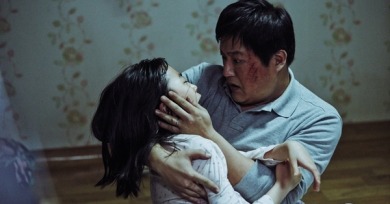Reviews
Happy Hour has a rambly, digressive quality that belies the precision of its construction. After an opening that establishes its core ensemble cast of four 37-year-old female friends, the movie is pulled hither and thither by each of their individual stories, intersecting again only to break off into different routes.
It has no intention to disrupt its audiences or get them to question their own notions about death and mourning. Nor does it need to: Moretti’s film is no less personal for being straightforward in its aims, sketching a fleet portrait of the difficulties of balancing personal challenges and professional goals.
While the plot is fictional, Ixcanul at times can feel like a documentary, as Bustamante captures a very real culture that exists in this world. Descendants of the Mayan civilization, Kaqchikel people still reside in the central region of Guatemala—and in fact served as characters in the film.
In the Afghanistan conflict thriller Neither Heaven Nor Earth, something unexpected emerges from, and eventually overtakes, standard battlefield movie clichés.
The latest film by Ira Sachs is set in contemporary Brooklyn, a place overrun with white transplants who have made a habit of pricing out lifelong black and Latino residents.
As shot by Storaro, lush, verdant Southern California and the sparkling Pacific have never looked quite so Mediterranean, if not Elysian, the figures rimmed in an amber daylight, the coloration of the deep-focus photography given the pop of stained-glass or hand-painted movie posters.
With its sentimental score, passage of seasons, understatedly treated deaths, and aversion to the kind of confrontation that would make viewers truly uncomfortable, this is very much a Kore-eda film, but there is a steely center.
At his best, Spielberg expresses ideas through action, as he did in parts of the motion-capture animation The Adventures of Tintin. The BFG is mostly logy and prosaic, especially when it gets into its speech-heavy final scenes, which recall not the high-points of its maker’s career, but the soggy sentimentality of Hook.
The core Gondrian theme of creative escape from deep-set melancholy reappears in his latest feature, Microbe and Gasoline, a sweet and funny, but ultimately downbeat road movie.
Les Cowboys is the latest neo-noir to draw inspiration from The Searchers. As the Indian captivity myth (and specific cases of Comanche abductions of female settlers) inspired the 1954 novel by Alan Le May, the revered John Ford adaptation has spawned its own progeny.
Refn is a prim provocateur next to the likes of Anger and Harrington, who worked from an experience of genuine sexual outlawry. As for Kubrick, well, along with the Aronofsky film Black Swan, The Neon Demon may be said to belong to the burgeoning subgenre of Kubrickian kitsch.
As the writer-director of seventeen feature films in nineteen years (a Fassbinderian pace), whose work has been screened on multiple continents in the context of film festivals, Hong surely recognizes the ritual nature/torture of the filmmaker Q&A.
This adaptation of Cosmos, the final novel by the great Polish modernist Witold Gombrowicz, directed by Andrzej Zulawski, is gorgeous, ceaselessly lively and funny, while also evincing a melancholic view of the human condition.
To watch this epically scaled South Korean horror-procedural hybrid by Na Hong-jin is to see a filmmaker flush with the desire to craft a classic.

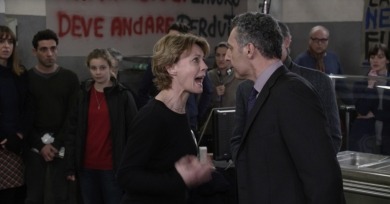

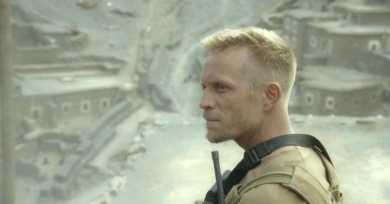
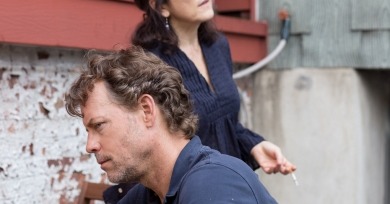


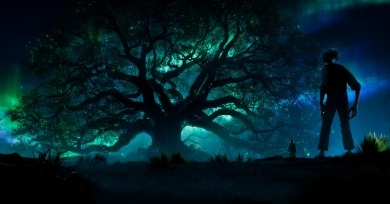

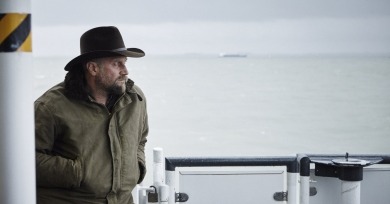
-390x204.jpg)


